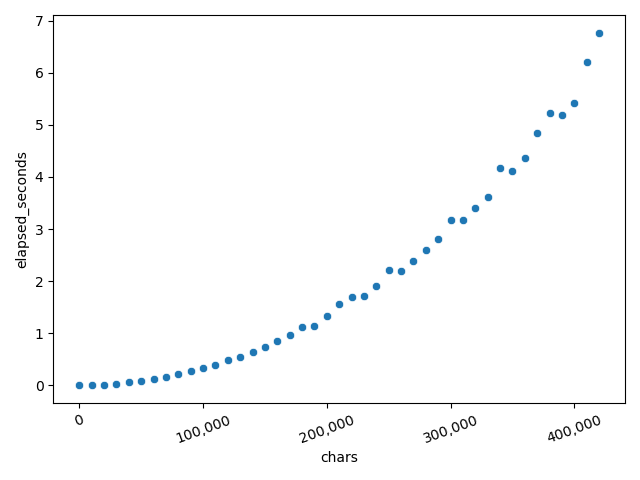That is quite a "basic" example, and yet there are different approaches possible.
PSR
There is one things that puts me off a bit: spacing.
Spacing makes code more readable, thus easier to understand. Your coding style is too compact.
As already said PHP, like other languages has some widely accepted coding standards like PSR. Observance of which (or the lack thereof) is a telltale sign of how experienced the programmer is.
Coding is often teamwork, which means your colleagues must be able to maintain other colleagues' code (especially after they have left the company...) and adherence to standards facilitates maintenance.
I don´t know about the conditions in which the exercise took place, but a good IDE with linter could reformat the code for you. If you are only allowed to use notepad, then you should still try to write code more or less compliant. At least it would be apparent you are used to those coding standards, and you are just outside of your comfort zone, which they would understand.
Multibyte
Not handling multibyte string could be problematic too, as the code will not always perform as expected.
Concatenation
A minor detail maybe, but as far as I know PHP doesn't have the equivalent of a Stringbuilder, so concatenation is implemented somewhat rudimentary. On longer strings, this could result in poor performance and memory usage. But you don't even need to concatenate. PHP has a yield statement like in Python, so you could simply consume the string character by character, in a generator fashion. Just a thought.
Edge cases
There is one test in your code, but unfortunately it is not useful.
What if I pass a NULL variable to your function? I guess it would return an empty string but this is flawed.
And if a number or a float is passed to the function you could decide to cast it to a string, or reject it. Implementation is up to you, but you can make this function more robust either way.
While it may not be possible to think of every scenario within the allocated time, it is still a good idea to add some comments and TODO list, just to show that you have thought about the possible pitfalls, and you are aware of what is missing to have production-ready code.

